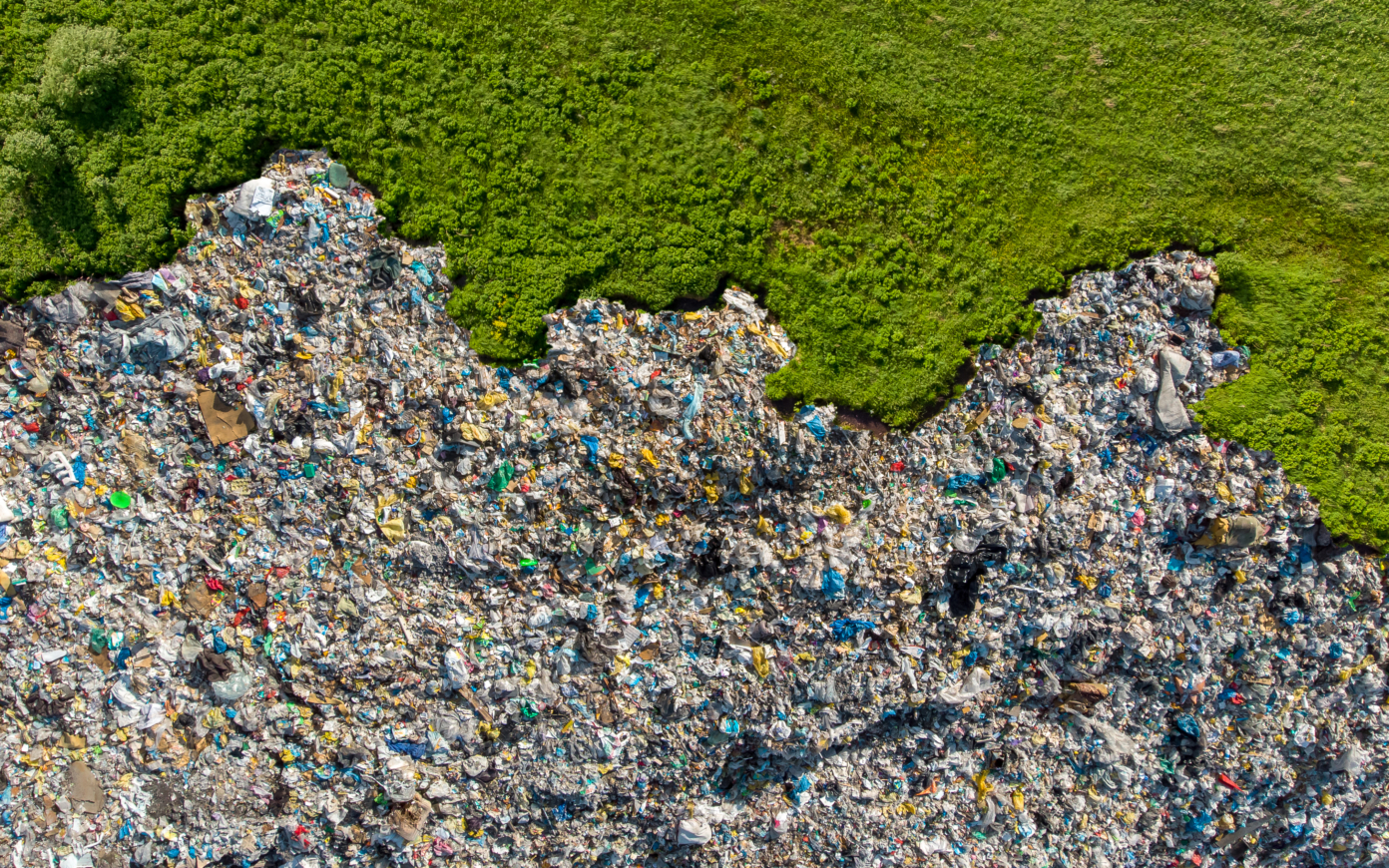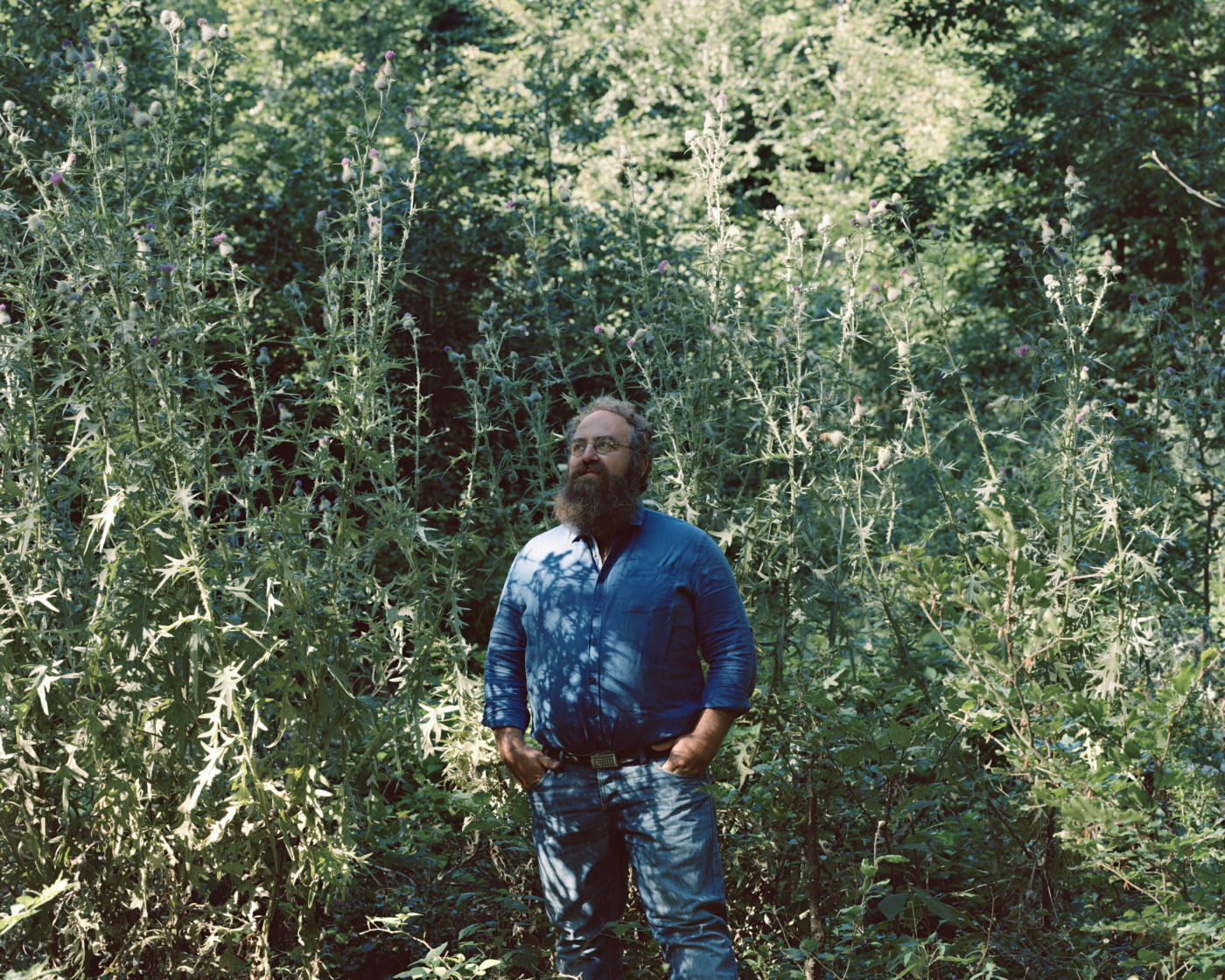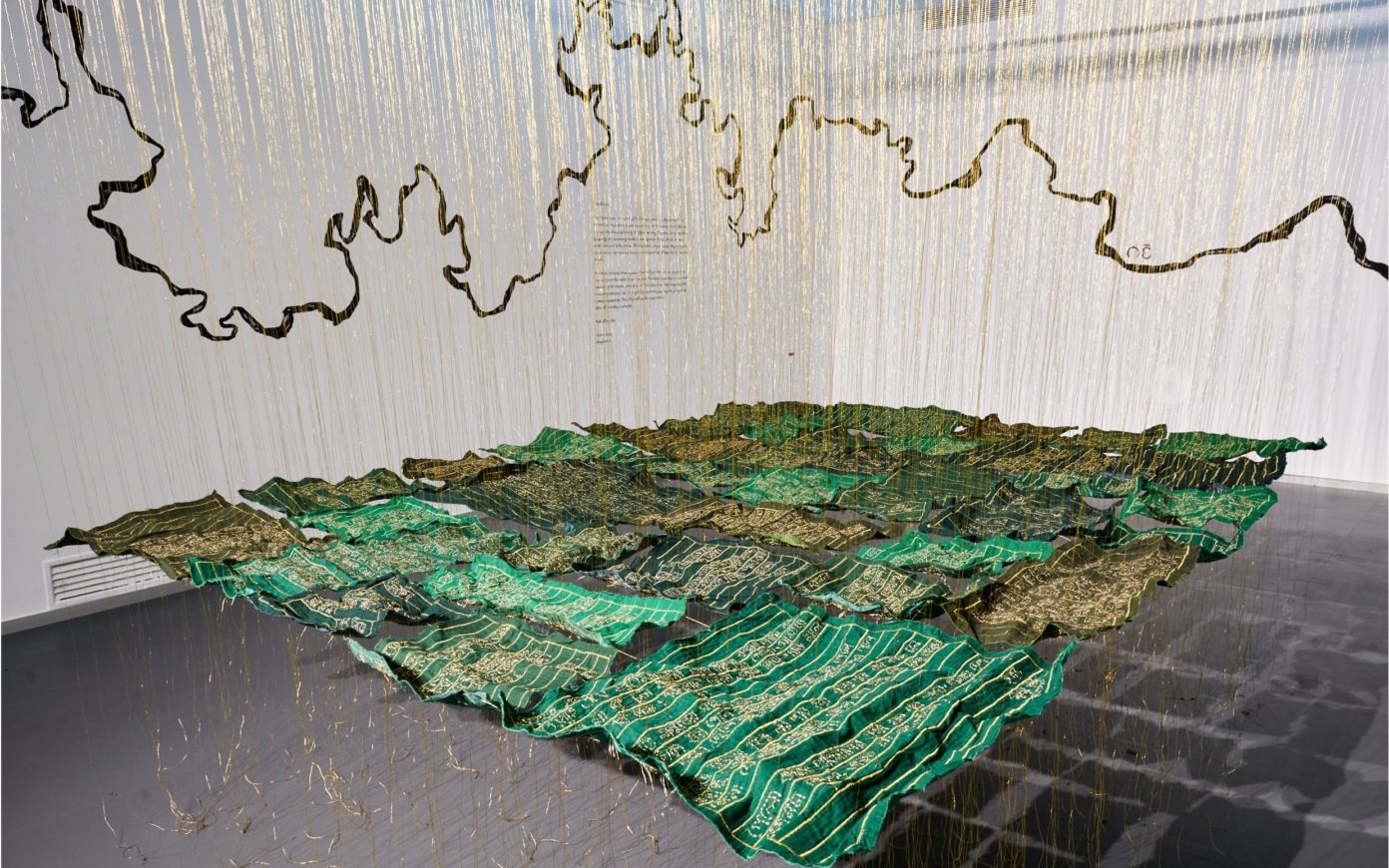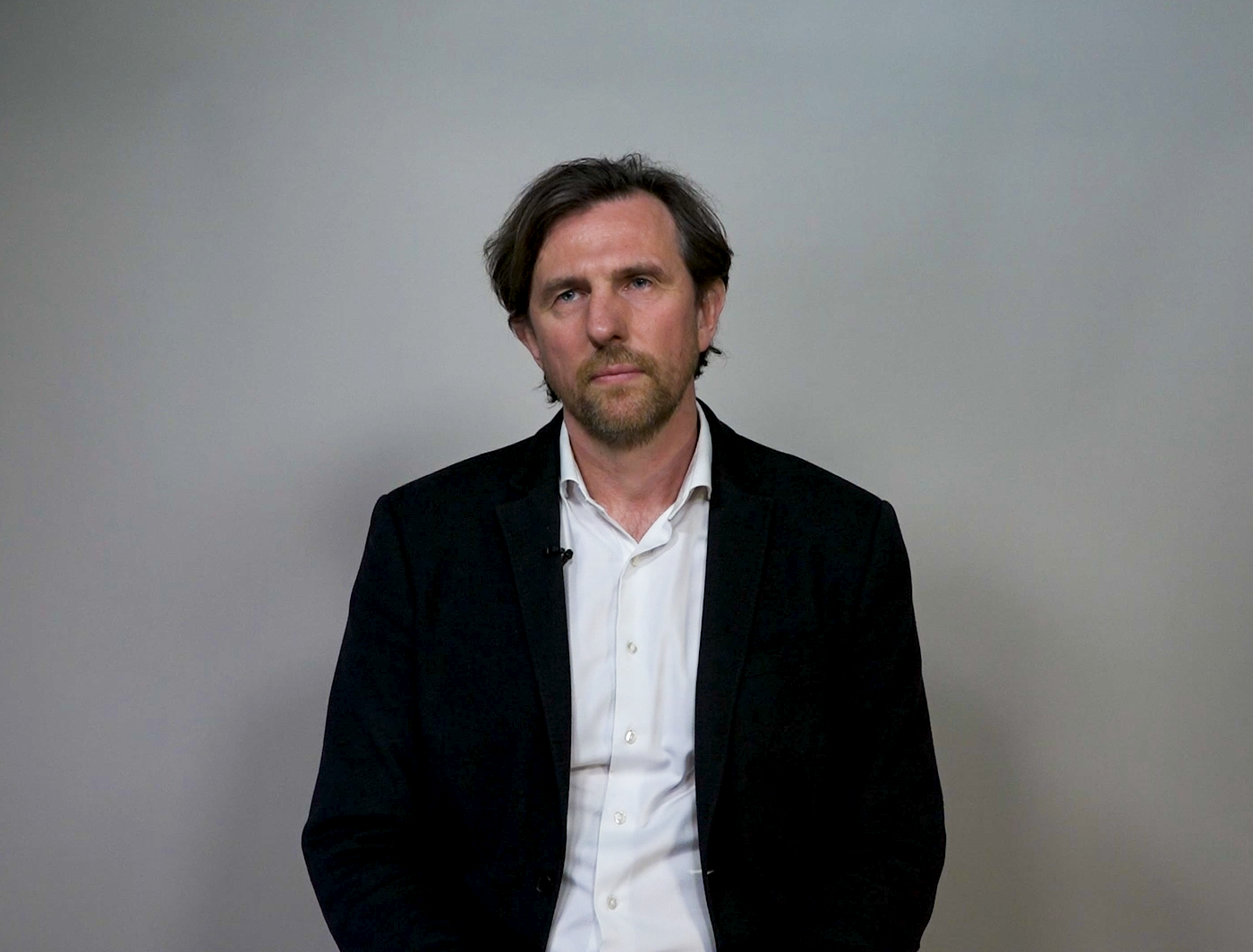Exploring the possibilities of a feminist architecture
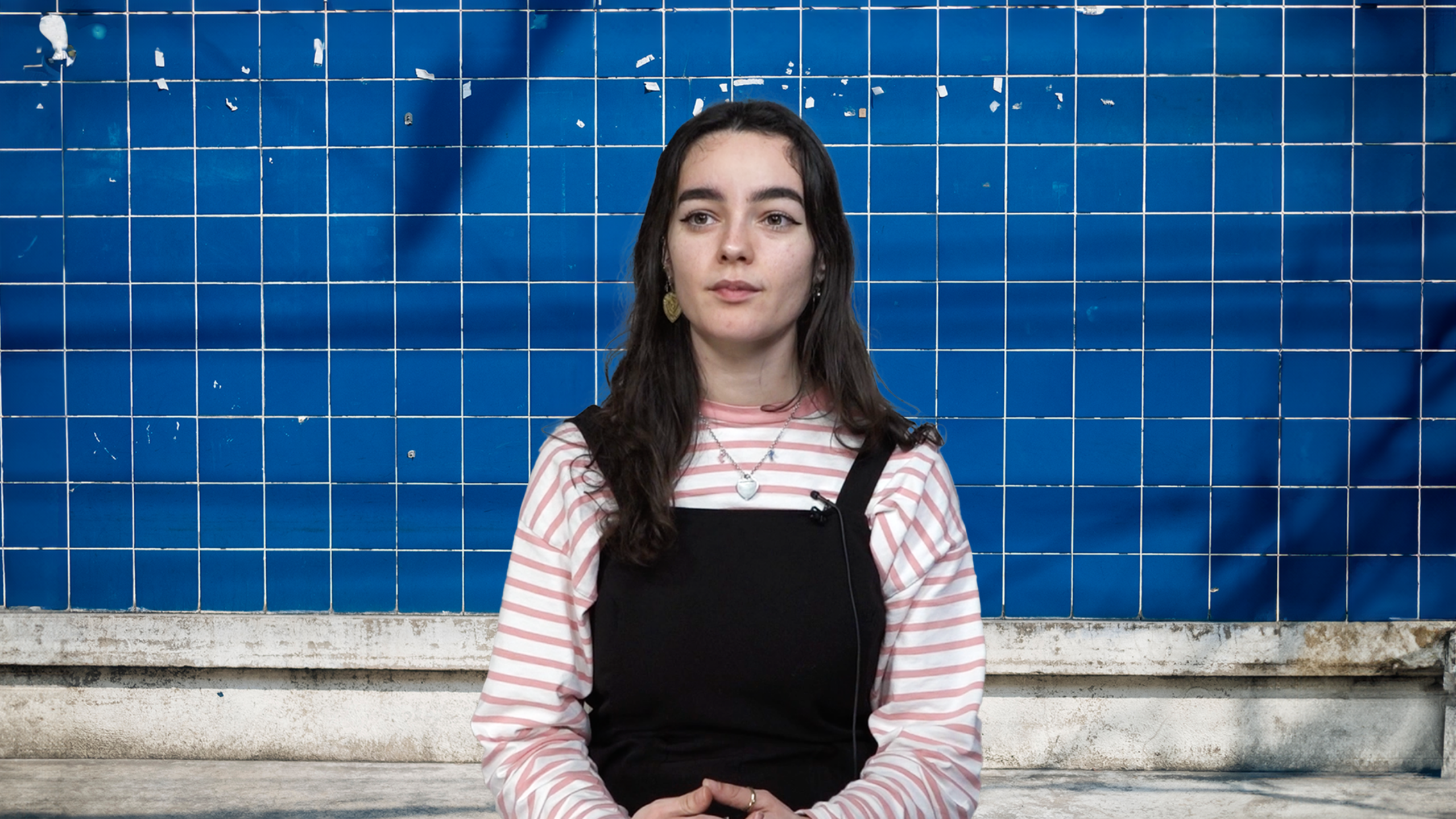
- Publish On 23 May 2024
- Iris Handschin
- 5 minutes
Iris Handschin is an architect. In her final year thesis, DMC: Démocratie, matriarcale, citoyenne (DMC : Democracy, Matriarchy, Citizenship), she explores the relationship between sisterhood and architecture. How can we create a shared space of freedom and undo the hierarchical relationships at play in both private and public spaces? Exploring the possibilities of a feminist architecture inspired by the beguinages, Iris Handschin focuses on the rehabilitation of a former textile factory dating from the 1740s, outlining the contours of a truly democratic space.

